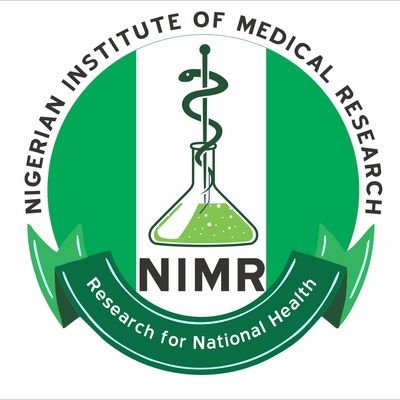Health
NIMR, partner donate cervical cancer screening equipment to 10 hospitals

The Nigeria Institute of Medical Research (NIMR) in collaboration with Dr Lisa Flowers of Emory University, U.S., have donated advanced equipment to 10 hospitals for use in cervical cancer screening.
NEWSVERGE reports that equipment include Videocolposcope, Thermocoagulator Kits , Loop electrosurgical excision procedure machine and Evalyn Brushes for self sample collection.
According to the World Health Organisation (WHO), in Nigeria, 23 to 28 women die daily of cervical cancer in Nigeria.
Cervical cancer is a preventable disease which is caused by the human papillomavirus virus (HPV).
The beneficiaries are: the Aminu Kano University Teaching Hospital Kano, Alex Ekwueme Federal University Teaching Hospital Abakiliki, Ebonyi, Delta state University Teaching Hospital , Oghara and Federal University of Health Sciences, Benue state.
Others are: the Lagos University Teaching Hospital, Lagos state University Teaching Hospital, Island Maternity, Lagos, St Kizito Clinic, Lagos, Nnamdi Azikiwe University Teaching Hospital, Anambra and NIMR HIV treatment Centre.
Speaking during the donation, Prof. Babatunde Salako, the Director-General of NIMR, said the equipment would help to improve the capacity for the testing of cervical cancer in Nigeria.
Salako said some health personnel from the hospitals were trained for three days on how to use the equipment.
He said: “This equipment will enable these hospitals to screen a lot of women to detect anything that has to do with cervical cancer.
“The Screening provides the opportunity to detect early and take the necessary actions rather than detecting late when treatment becomes difficult.
“The donation of the equipment is a research project that is free and the essence is to support the hospitals even after the research is over to continue the screening,” he said.
Speaking also, Dr Lisa Flowers, a professor of Gynecology & Obstetrics at Emory University School of Medicine, U.S., said the research and donation were funded by the National Institutes of Health in the U.S.
Flowers, who is also the Director of Colposcopy Services at Grady Cancer Center, said the aim of the programme was to make a difference in the testing of cervical cancer through the primary HPV testing.
“We came to Nigeria to make a difference in the fight against cervical cancer and we have work with the team in Nigeria for six month after writing a grant to get fund from NIH to carryout this work.
“Our team and the Nigeria team have work has a committed group to model this research work that can be shared in any other part of the world.
“The donated equipment will enable users to see hidden and abnormal cells in the cervix and make decisions on the spot.
“Unlike the pap smear which is just a sampling of what is on the cervix, the HPV testing will indicate if a woman is negative or positive for further investigation.
“The pap smear have done a good job in the past but it is not the best way to screen and test for cervical cancer,” she said.




 Davido's Net Worth & Lifestyle
Davido's Net Worth & Lifestyle 
